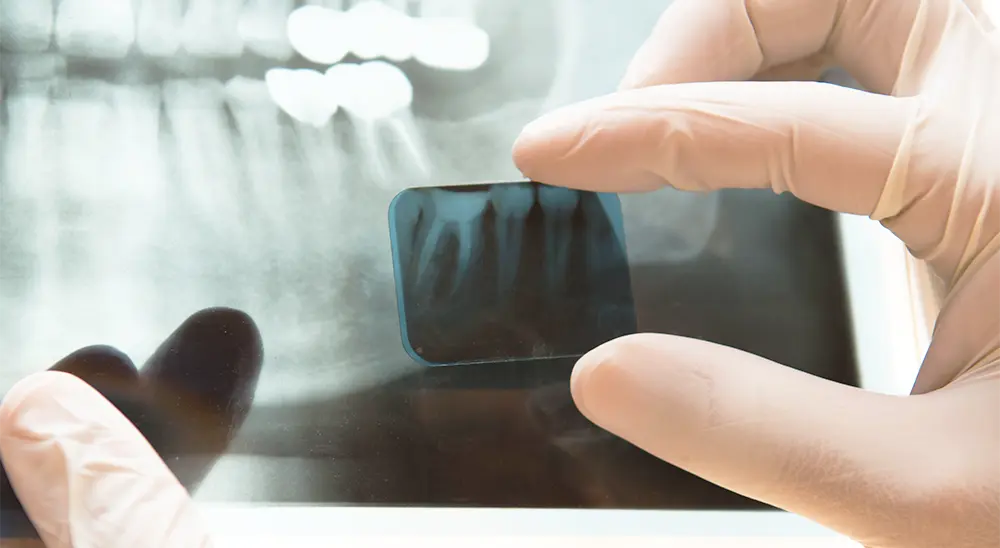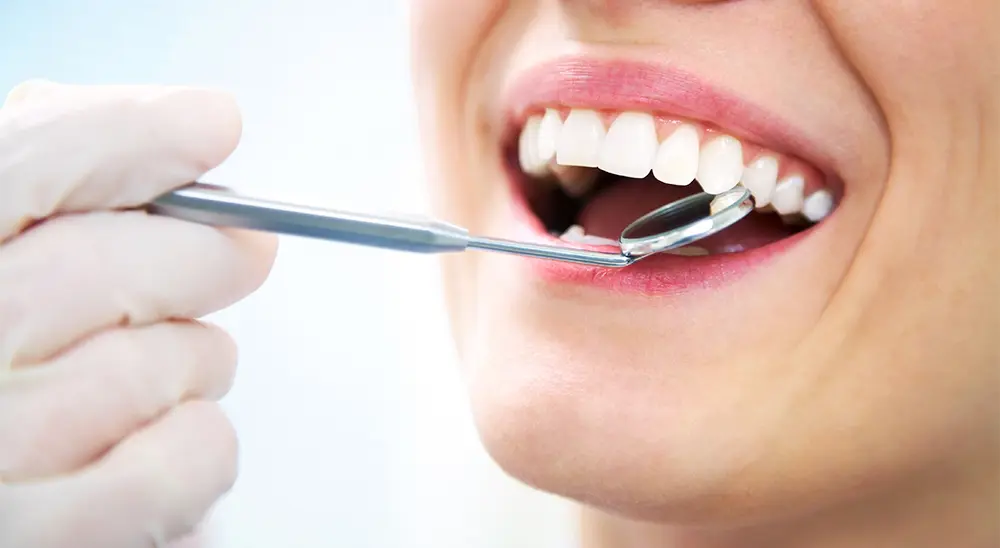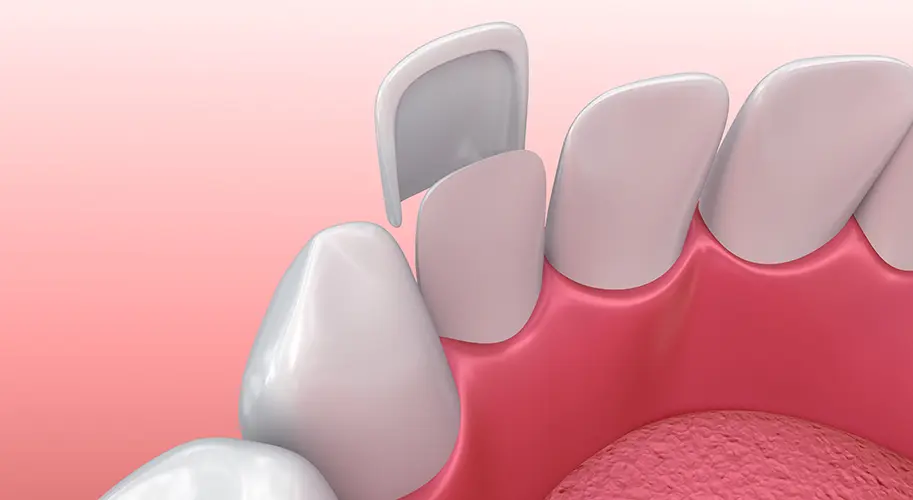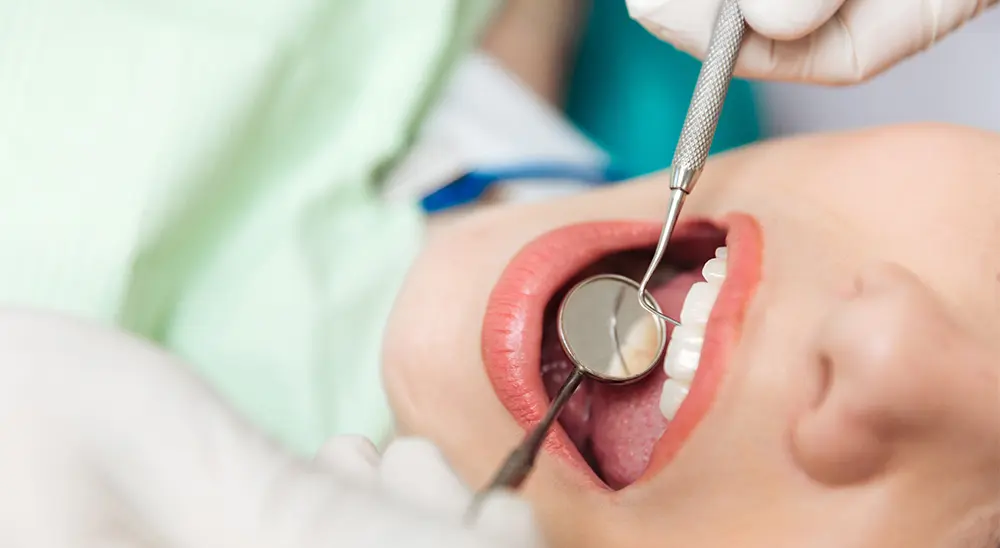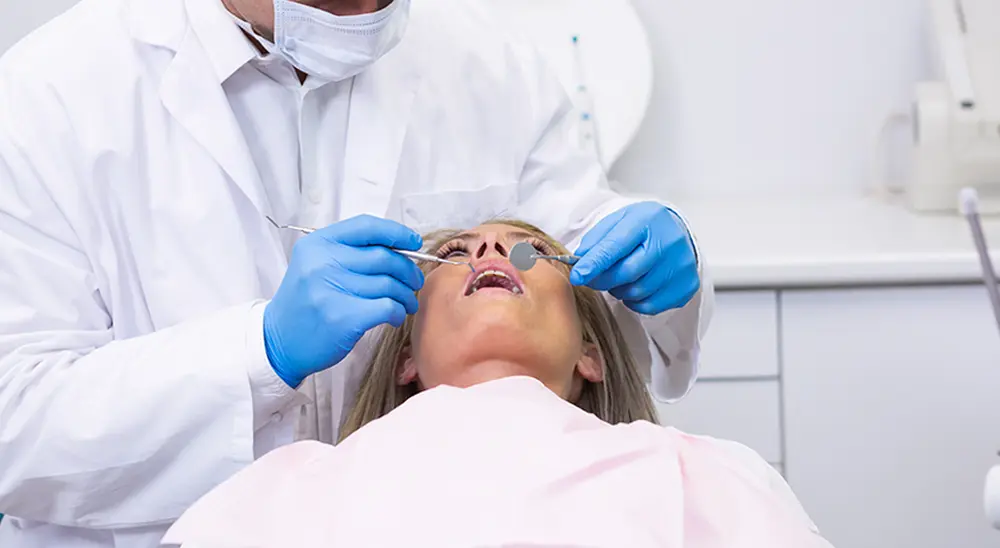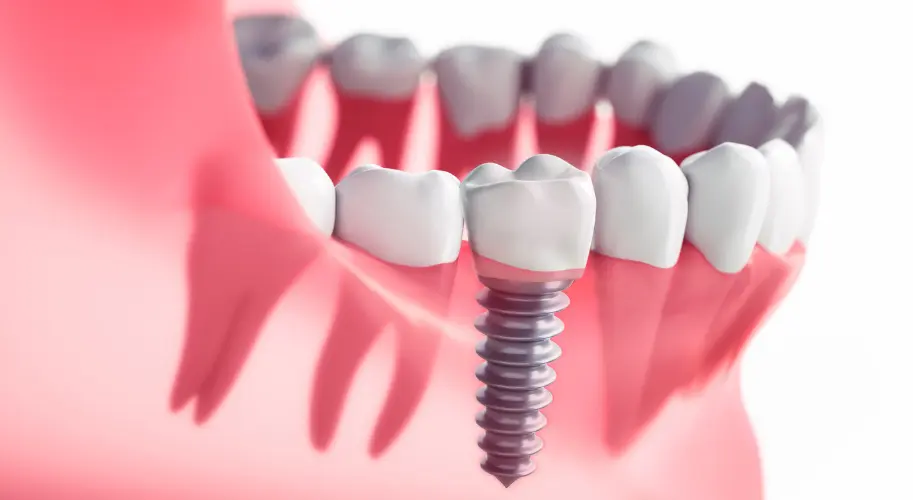
Dental implants procedure
Everything about dental implants
A dental implant placement procedure is performed by inserting the implant into the jawbone, with the goal of successfully replacing the missing natural root. A dental crown is then placed on the head of the dental implant (called an abutment), which completely restores normal masticatory function.
Dental implants are the best option for patients with single or multiple missing natural teeth, as well as for complete edentulousness of both jaws.
Dental implants
The dental implant acts as a replacement for the root of a missing tooth, and in turn this “artificial tooth root” serves to retain a crown or bridge structure. Most dental implants are made of titanium, which allows them to integrate into the bone without being recognized as a foreign object in our body. The success rate of dental implants is nearly 98%.
In general, dental implants can be divided into 2 types – two-part (classic) and one-part (basal and compression). The main differences between them can be found here https://nurident.com/post/classic-and-basal-implants/
Where are dental implants placed?
No special hospital conditions are required to perform the dental implant procedure, so it can be performed in a dental office.
Before the manipulation of dental implants
Before starting the dental implant placement procedure, your personal implantologist will order X-rays as a panoramic image, and in some cases a 3D scanner or other more detailed images showing important information for planning future manipulations. If you suffer from chronic diseases, it is possible that the dental implantologist will refer you to other specialists to confirm that you are suitable for implant treatment.
During the final consultation, the implantologist will explain to you which implant system is most suitable in your specific case.
Food and drinks
It is recommended that you eat well (with light food) before performing the procedure of placing dental implants under local anesthesia. If the operation is performed under sedation (medical sleep), we advise you to not eat any food in the evening before the procedure to make sure that your stomach is empty.
Immediately after the manipulation, your doctor will recommend a light diet with softer foods within a few days, and from 4 to 6 months after treatment you will need to follow a diet.
More information can be found here .
Medications
* After the manipulation you will be prescribed cold compresses, antibiotics and painkillers.
* In specific clinical cases, the patient needs to take medication before the procedure.
* If you are taking medication, it is mandatory to inform your doctor, who will give the necessary instructions before and after the procedure.
Dental implant treatment
The manipulation begins with the placement of the selected type of anesthesia, and then proceeds to the extraction of the tooth / teeth, if such are listed in the treatment plan. The placement of the dental implants is performed, and the procedure proceeds differently, depending on the selected type of dental implants.
More information about the whole process of placing basal implants can be found here and for classic implant here .
Recovery
The postoperative period for treatment with dental implants lasts about a week and is relatively mild, due to the prescribed medications that minimize the discomfort you may experience. It takes a different amount of time for different types of implant systems to completely restore tissue. Most often this period lasts from 3 to 12 months, depending on the degree of integration of the dental implant.
You can learn what our patients say here
Expectations after dental implants
After completing the treatment with dental implants, the patient fully regains his normal masticatory function. The result is as aesthetic as possible and the crowns look like natural teeth.
Within a few months after the procedure, you will need to follow a diet recommended by your doctor.
Care after placement of dental implants
After the procedure for placing dental implants, the care you need to follow is the same as for natural teeth – daily hygiene of the oral cavity and teeth with a toothpaste and a toothbrush. It is recommended that patients use an intraoral shower to prevent further inflammation.
The procedure for placing dental implants is a complex work between the attending doctor and the patient in order to make the best decision in the specific clinical case.
If you are still unsure how to plan your implant treatment, the Nurident team is available to answer any questions and also to prepare your individual treatment plan free of charge.



